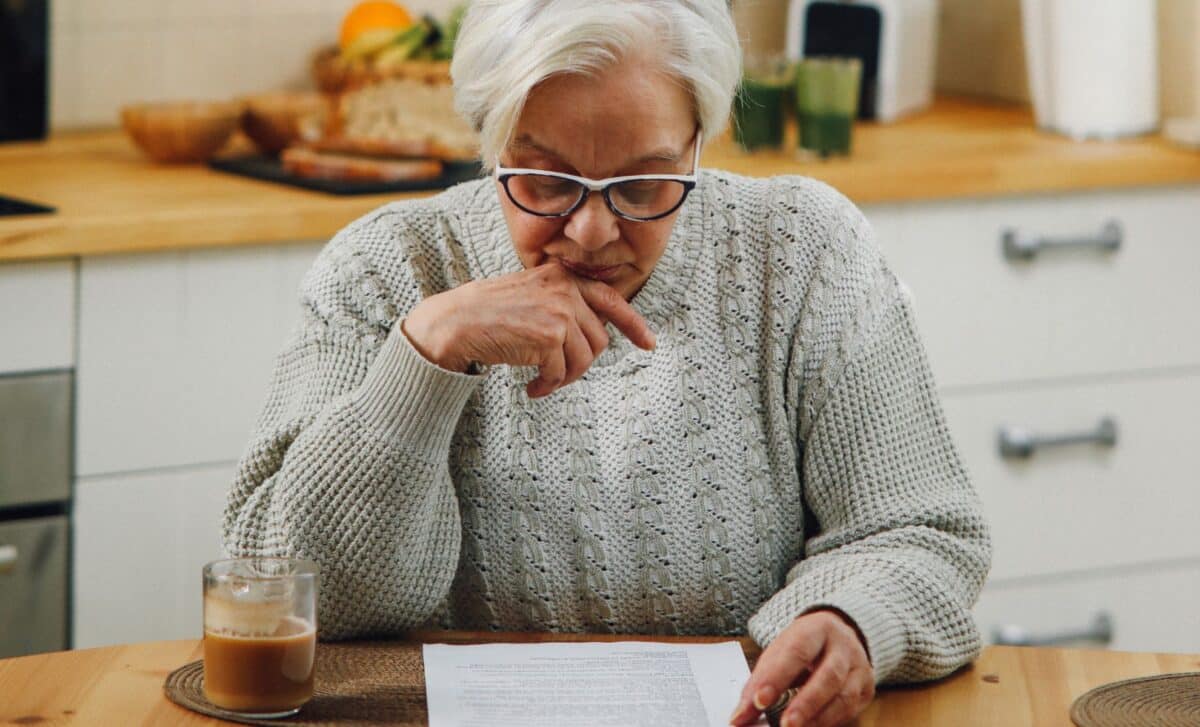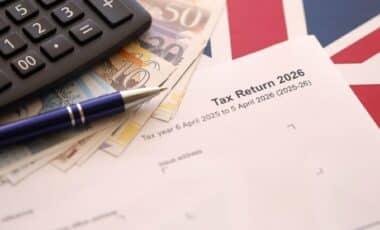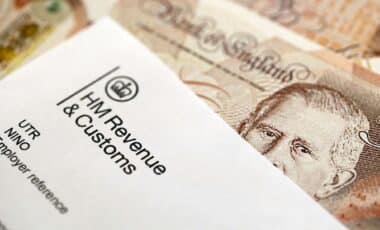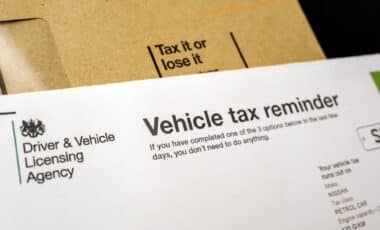The UK government’s decision to freeze the personal tax allowance at £12,570 until 2028/29 is drawing criticism as more pensioners risk being taxed on their State Pension. Liberal Democrat MP Ben Maguire recently called for a review of the tax allowance, proposing an increase to £15,000 to help pensioners avoid unexpected tax bills.
The freeze means pensioners drawing a full New State Pension, set to rise to £11,973 annually by 2025, are edging closer to the taxable income threshold. When combined with even small amounts of income from private or workplace pensions, many will find themselves liable to pay tax. Currently, 8 million pensioners (62%) of the UK’s 12.9 million retirees already pay some income tax.
Government Defends Tax Threshold Freeze
Despite mounting calls for reform, Treasury Minister James Murray defended the policy, stating that the freeze is part of the government’s commitment to fiscal responsibility. He explained:
“The Government is committed to keeping taxes as low as possible for pensioners while ensuring fiscal responsibility, which is why it is not extending the freeze on personal tax thresholds that was implemented by the previous government, and is instead allowing them to rise with inflation from April 2028.”
This approach has drawn mixed reactions, with critics arguing that the freeze unfairly targets pensioners, particularly as inflation continues to erode purchasing power.
How the State Pension Increase Affects Tax Obligations
For the 2024/25 tax year, the full New State Pension is set at £11,502 annually, with an increase to £11,973 planned for 2025/26. While pensioners receiving only the State Pension will remain below the tax threshold, those with additional income—such as part-time work, savings interest, or private pensions—may face tax liabilities.
Example of Taxable Income:
- Annual State Pension: £11,973.
- Additional Private Pension: £2,000.
- Total Income: £13,973.
- Taxable Portion: £1,403 (income above the £12,570 threshold).
For those who exceed the threshold, tax is either deducted through PAYE (for private pensions) or billed directly by HMRC.
Calls for a Higher Allowance
MP Ben Maguire’s proposal to raise the personal tax allowance to £15,000 is intended to reduce the number of pensioners caught in the tax net. This increase would provide retirees with greater financial flexibility and alleviate concerns about unexpected tax liabilities.
Proponents of the change argue that:
- Inflationary pressures make the current allowance inadequate.
- A higher threshold would ensure pensioners keep more of their income, improving their financial stability.
- Simplifying the tax system for retirees could reduce administrative burdens for HMRC.
However, raising the allowance would come at a cost to the government’s budget, potentially reducing funds available for public services.
Steps Pensioners Can Take
With the freeze on tax thresholds likely to remain until 2028, pensioners are encouraged to take proactive steps to manage their tax situation.
Tips to Stay Tax-Savvy:
- Check Your Income Sources: Calculate your total annual income, including your State Pension, private pensions, and any additional earnings.
- Use Allowances: Explore other tax allowances, such as the Marriage Allowance, which can transfer unused tax thresholds between spouses.
- Review Tax Codes: Ensure your tax code is accurate to avoid under- or overpayment.
- Consider Pension Contributions: If you’re still working, contributing to a pension could reduce your taxable income.
- Seek Advice: Consult a financial advisor or use HMRC’s resources to better understand your tax obligations.
The Future of Tax Thresholds and Pensioner Finances
While the government plans to increase the personal tax allowance in line with inflation after 2028, the current freeze continues to pose challenges for pensioners. The rising State Pension, combined with frozen thresholds, means more retirees may find themselves paying tax for the first time, potentially reducing the real value of their income.
For those concerned about their tax obligations, understanding the rules and exploring available options can help mitigate financial strain. Whether through adjustments to tax codes or exploring allowances, taking proactive steps now can ensure a smoother path ahead as income thresholds remain static. change the title









